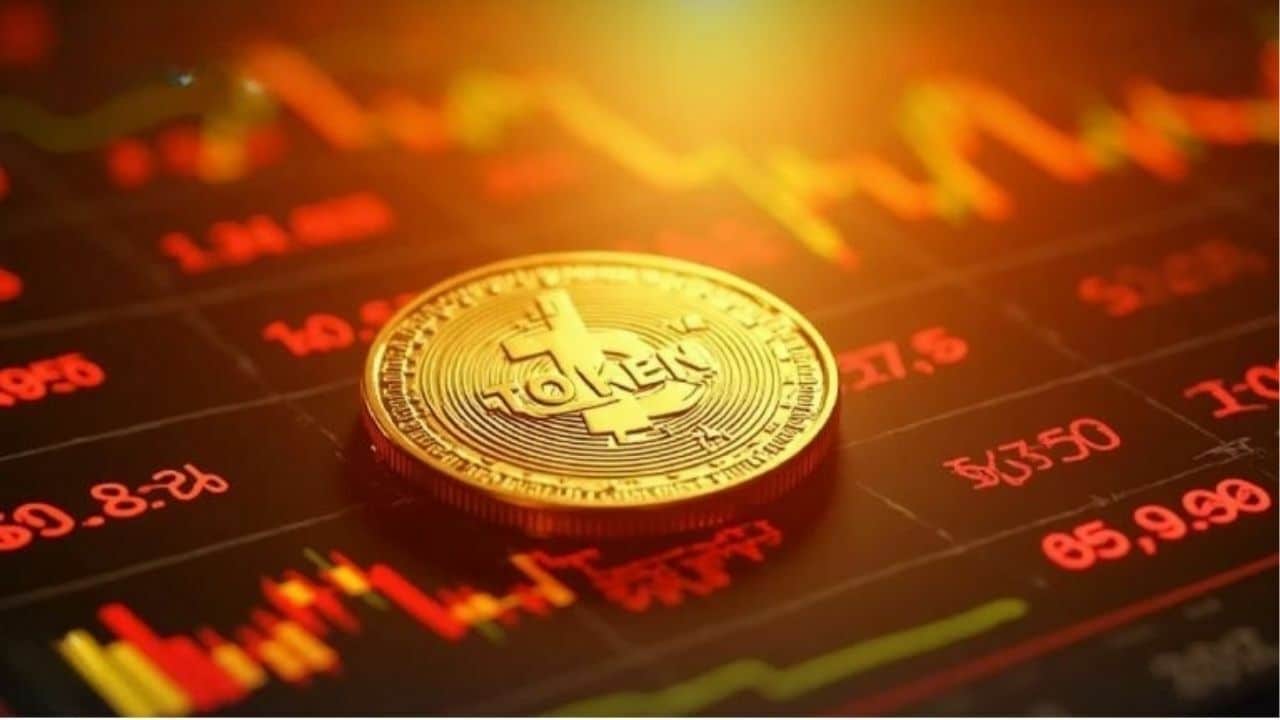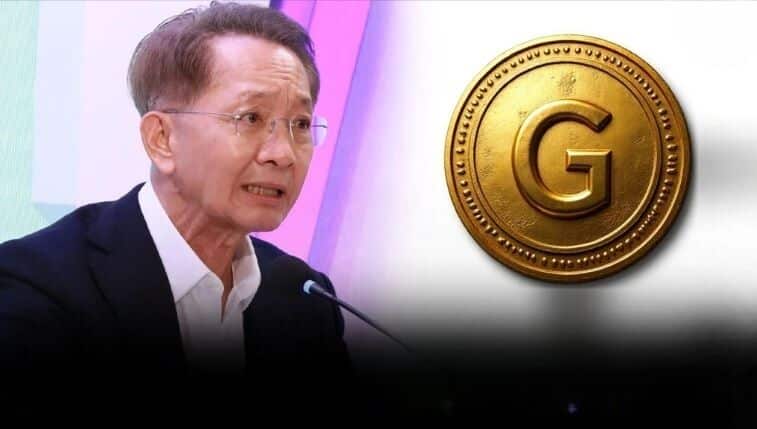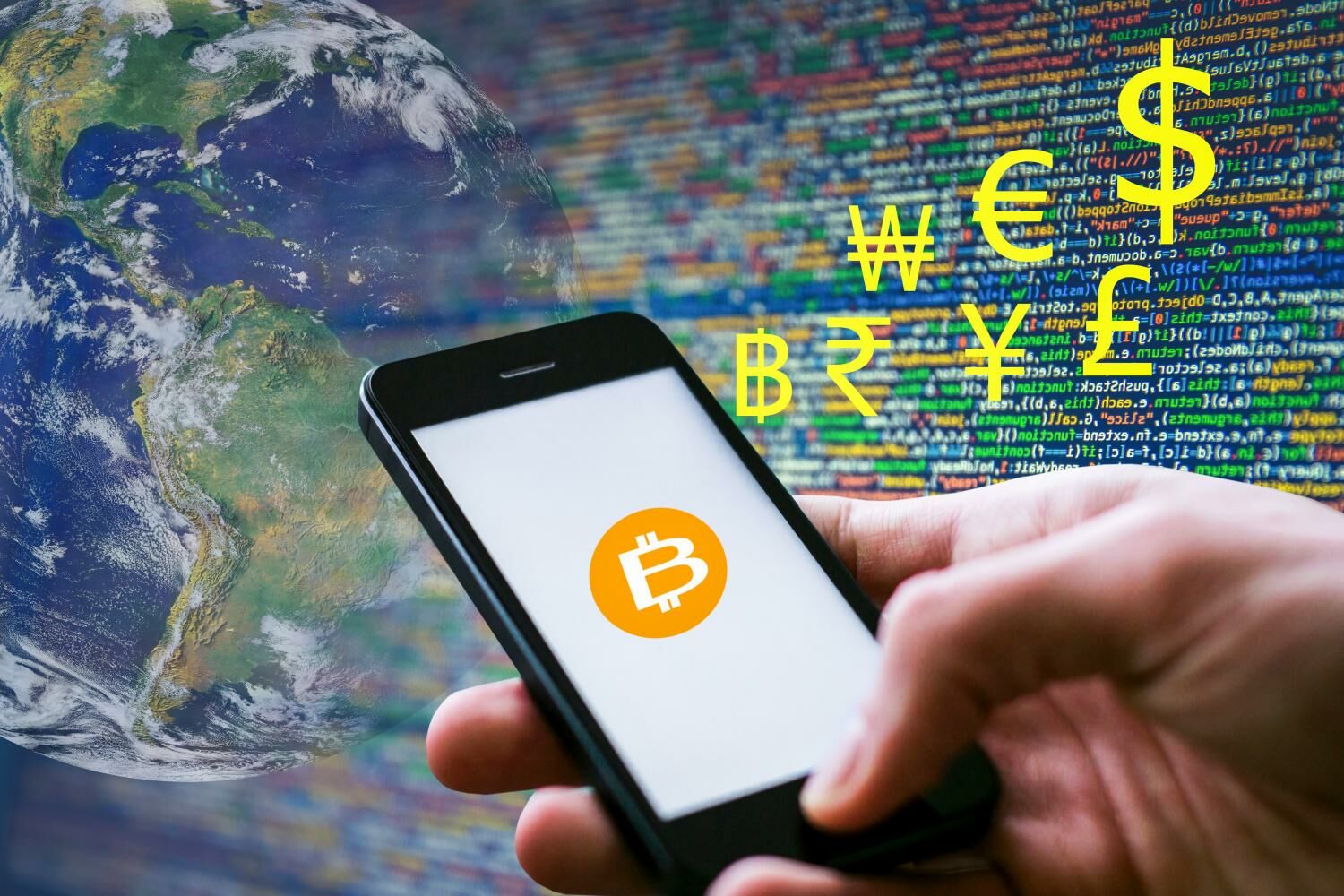Thai government’s G-token gamble sparks legal, public backlash
Former finance minister warns that issuing digital debt likely requires amending the 2005 Finance Act

The government’s plan to introduce the digital Government Token (G-Token) as a new fundraising strategy has been met with criticism from economic experts. They caution that this move could breach existing legislation and mislead the public.
The Cabinet approved the digital token initiative on Tuesday, May 13, aiming to provide an alternative to traditional bonds for retail investors. G-Tokens are designed to offer returns surpassing standard bank deposit interest rates.
Thirachai Phuvanatnaranubala, a former finance minister and deputy head of the economic affairs team of the Palang Pracharath Party, has voiced legal concerns. He noted that the Public Debt Management Act of 2005, which governs public borrowing, does not consider digital assets, as it predates their emergence.
Thirachai highlighted that Section 10 of the Act permits borrowing through contracts or debt instruments, provided there is documented evidence of debt. Although the 2018 Digital Asset Business Emergency Decree legalised digital tokens, it was intended to regulate private-sector activities rather than government fundraising.

Professor Arnat Leemakdej from the Faculty of Commerce and Accountancy also raised concerns over the transparency of the plan. He remarked that the government has not clearly outlined how the tokens will operate or whether their value will be fully supported by asset-backed securities to ensure holders can reclaim their money upon selling the tokens, reported Bangkok Post.
He referenced initial government statements indicating that the tokens will be backed by 5 billion baht, suggesting that a corresponding reserve must be maintained. Arnat questioned the absence of a custodian to manage these reserves and criticised the proposal to list G-Tokens on exchanges, noting that they do not seem to offer potential for capital gains.
“They act more like savings deposits than investment products, offering returns of just 1–2%. This feels more like selling a dream than offering a genuine investment opportunity.”

Latest Thailand News
Follow The Thaiger on Google News:


























